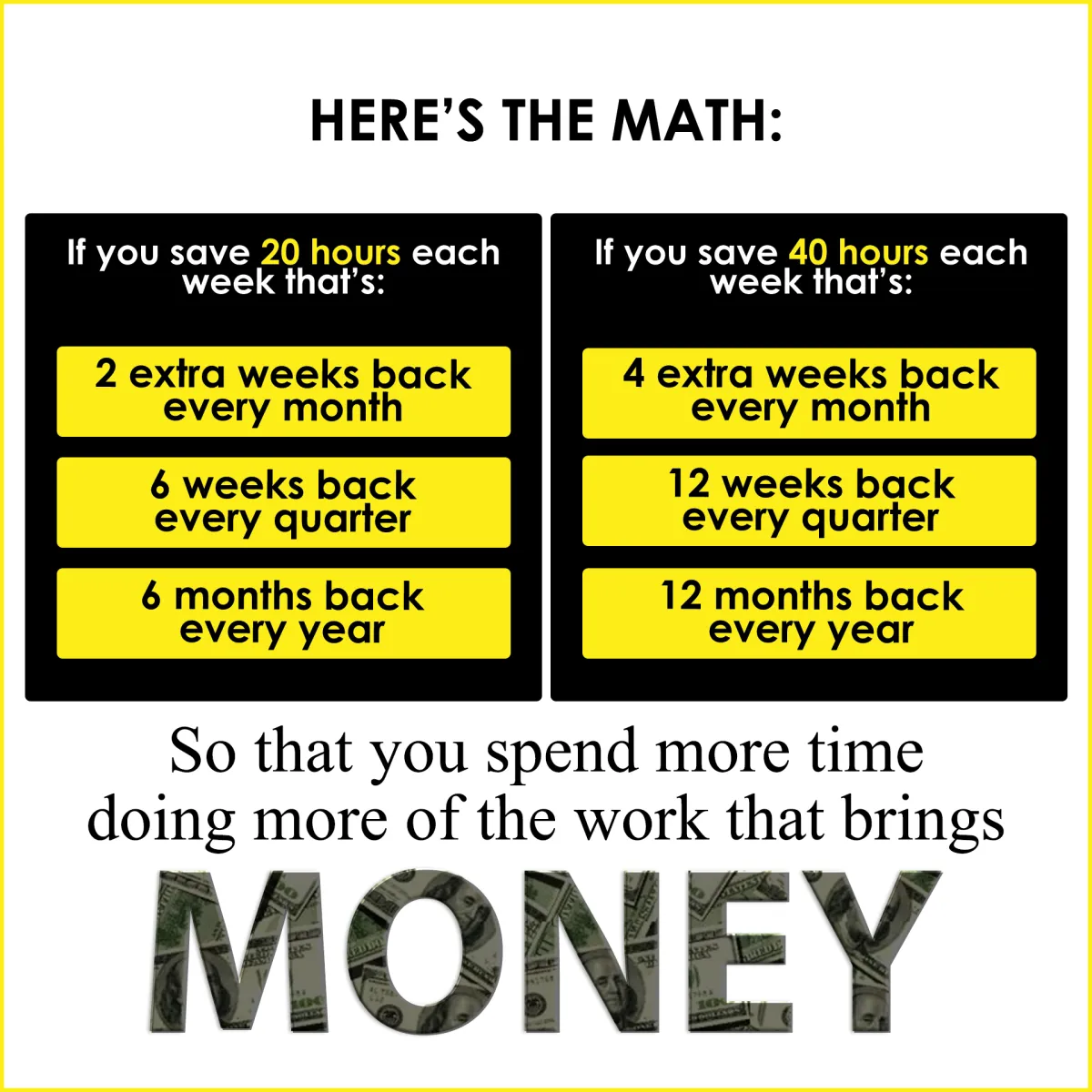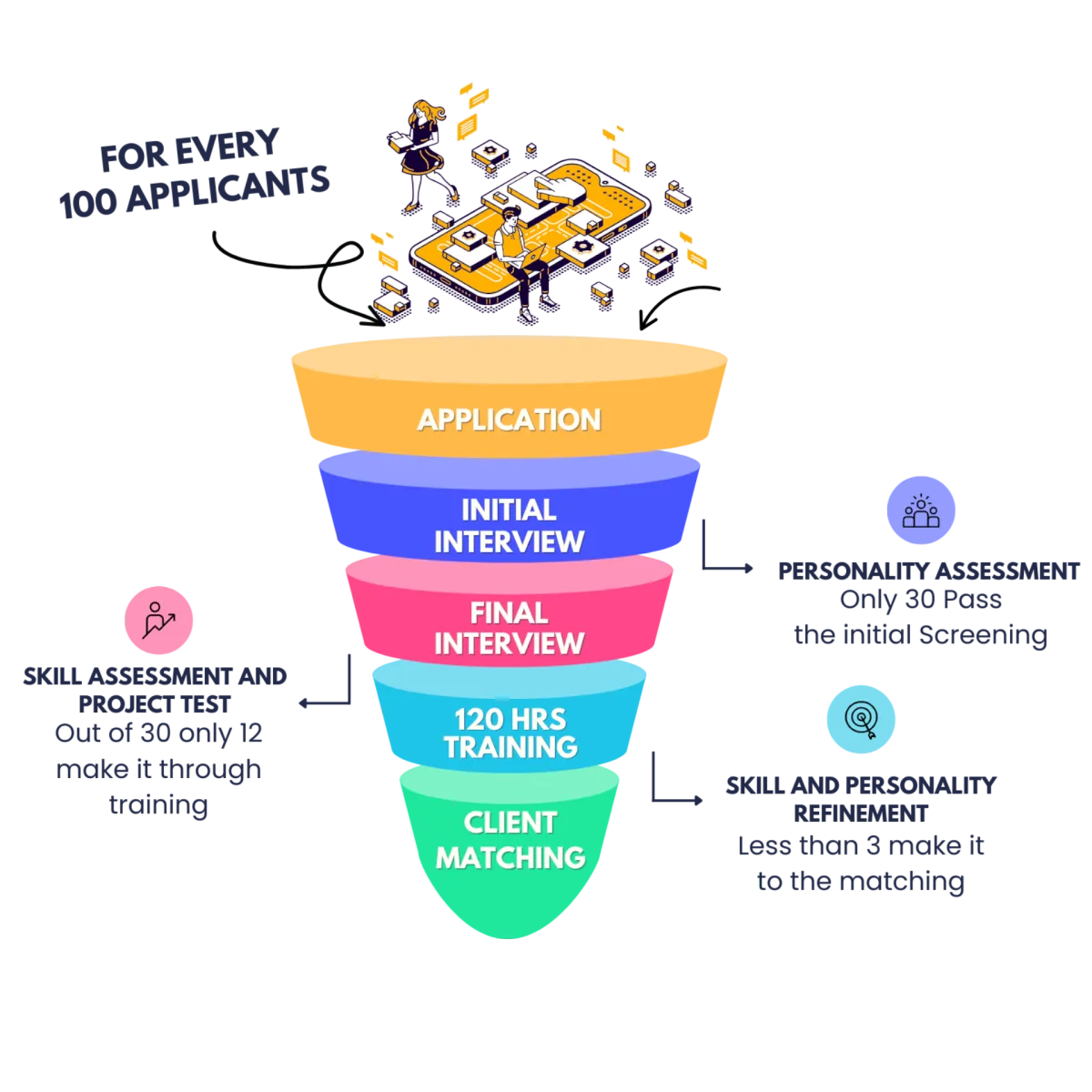Stamp Staff
Hire the Perfect Virtual Assistant
in Just 7 Days
Stop Wasting time on Mismatched VA's.
Our VAs are precisely matched to your business, ready to hit the ground running

Need a Virtual Assistant Yesterday?
Our Elite Team Delivers Instant Relief, Clear Your Backlog and Reclaim Your Time Now!" This headline cuts straight to the chase, speaking directly to those who are actively seeking immediate solutions and emphasizing the urgency and efficiency of your service . Does this align with what you're aiming for?


"You guys have to use Stamp Staff! Kristin and Mark are awesome. I've known them for over 5 years and they've been amazing. They've helped me, they've helped many people in my community. If you need VA's, if you need help in your business they are the people to go to."
Ryan Pineda, Founder of Pineda Co
Here’s How We Get You Results:
Dedicated Success Manager – Clear roles, streamlined communication, and consistent performance tracking to keep you on target.
Monthly Coaching Calls – Review progress, get actionable feedback, and set goals that drive measurable results.
Weekly Support Calls – Deep-dive marketing strategies, solve problems in real-time, and uncover quick wins for immediate impact.
Monthly VA Training – Hands-on skill development, Q&A, and personalized guidance to ensure your team performs at peak efficiency.
What Stamp Staff Can Do For You
- Create and schedule social media posts
- Manage daily posting across platforms
- Edit short-form videos (Reels, Shorts, TikTok)
- Create branded graphics and visual content
- Engage with comments and messages
- Track performance and analytics
- Maintain brand voice and consistency
- Coordinate content calendars
- Email inbox and calendar management
- Meeting scheduling and coordination
- CRM updates and data entry
- Task and project follow-ups
- Document preparation and organization
- Daily administrative and operational support
Full Time Assistant
Get 40 hours a week back starting at $1,799
Part Time Assistant
Get 20 hours a week back starting at $999
You Can Call Us Anytime at
561-221-2292
Our Virtual Assistants are Trained for 160 HOURS
Our 5 Steps Hiring Process to Filter Hundreds of Candidates to Find You the "THE ONE"
Only 3% make it through our process and 160 hours training. We'll give you top 3 candidates that are best match for your needs and character so can pick the BEST MATCH for you!


Stamp Staff Virtual Assistants:
Are equipped with proven processes that have supported the growth of 7 and 8+ figure companies
Read, write, and speak fluent english
Receive 1:1 and group training & mentorship, plus access to our community resources to continually bring more value to your business
Will work in YOUR timezone
Make sure you get 10-20+ hours back each week (starting with your very first week together!)
Our Happy Clients










Currently, We've Saved Our Clients 164,340 hours per year
AS SEEN ON
You Can Bring More Money But YOU CAN NEVER BRING BACK TIME!
Ready to free up your time?
Schedule a Free Discovery Call with us!
We will help you identify what help you need and give you some suggestions base on our assessment as a TEAM
We Will be Providing the BEST FIT for You
Stamp Staff is Only Hiring Virtual Assistants with experience, on top of their experience we train and equipped them that supports 7 and 8+ figure businesses
DECIDE HOW YOU WANT TO SPEND YOUR FREE TIME!!
STILL NOT SURE?
Frequently Asked Questions
Question 1: How do you vet and select your virtual assistants?
At Stampstaff, we have a rigorous screening process that includes skill assessments, experience verification, and behavioral interviews. We ensure our VA's meet high standards in professionalism, reliability, and expertise.
Question 2: What skills and experience do your VA's have?
Our VA's specialize in various areas, including administrative support, customer service, appointment setting, sales, social media management, and more. We match clients with VA's based on their specific needs and industry.
Question 3: Can I interview and choose my VA before hiring?
Yes! We provide you with pre-vetted candidates based on your requirements. You can interview them to ensure the best fit before making a final decision.
Question 4: Will my VA work exclusively for me, or do they handle multiple clients?
This depends on the package you choose. We offer full-time and part-time. We can match you with a VA who works exclusively for you.
Question 5: What happens if my VA is not a good fit?
If you feel your VA isn’t the right match, we’ll work with you to resolve any issues or provide a replacement at no additional cost. Our goal is to ensure a smooth and productive working relationship
Question 6: What tasks can your VA's handle?
We have dedicated conversion specialists, brand and content specialists, admin assistants, and more. If you have a specific need, let us know!
Question 7: Do your VA's work in a specific time zone, or can they adjust to my schedule?
Our VA's are available across different time zones and can match you with someone who aligns with your preferred working hours.
Question 8: How do you ensure productivity and accountability?
We have a structured monitoring system, regular check-ins, SOD and EOD reports, and performance tracking. We also encourage open communication between clients and VA's to ensure clear expectations and productivity.
Question 9: What are your pricing and contract terms?
Our pricing ranges from $999 to $1,899 per month, depending on how many hours you need your VA to work. We require a minimum 6-month contract to ensure stability and consistency in service. Let’s discuss your specific needs so we can recommend the best option for you.
Question 10: How does Stamp Staff support both clients and VA's during the working relationship?
We provide ongoing support, performance check-ins, and a dedicated Client Success Manager to ensure a smooth experience for both clients and VA's. If any issues arise, we step in to provide quick solutions.

FOLLOW US
LEGAL
Copyright 2026. Stamp Staff. All Rights Reserved.
84745 Old Hwy #15, Islamorada, FL 33036, United States
561-221-2292 | [email protected]